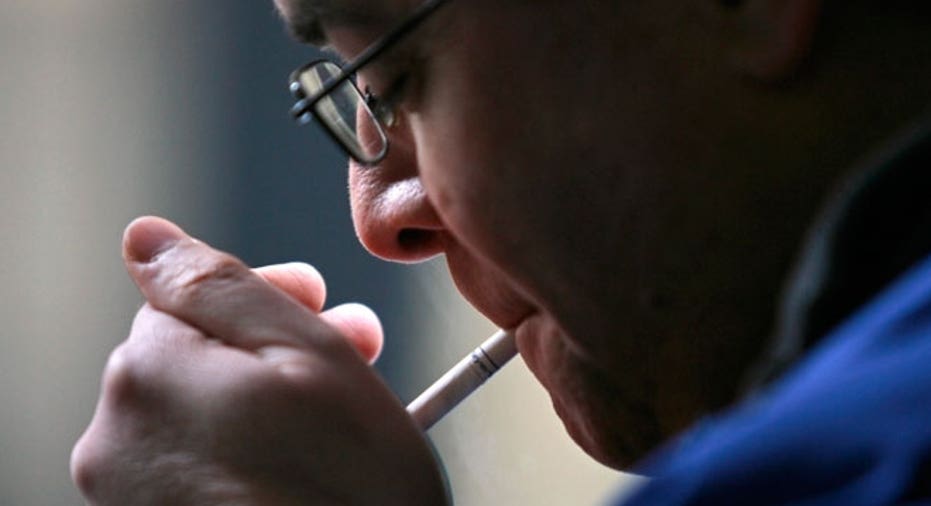Smokers Cost Employers $6,000 a Year

If your boss is encouraging you to quit smoking, it may be for more reasons than just looking out for your health.
A new study from Ohio State University estimates employees who smoke cost businesses nearly $6,000 more per year over non-smokers. Head researcher Micah Berman says the biggest expense comes in the form of smoke breaks, which ring in at more than $3,000 per year, according to the study.
Absenteeism and presenteeism also contribute to the costs of having smokers on payroll.
Berman says smokers take off 2.5 more days per year than non-smokers, costing about $500. And the costs of “presenteeism,” which refers to reduced productivity tied to the effects of nicotine addiction, add up to more than $450 annually.
“The idea is that people who are smokers have some level of reduced productivity, because they are essentially going through the cycle of withdrawal from nicotine, which causes distraction throughout the course of the day,” says Berman.
Increased Health-Care Costs After smoke breaks, the survey estimates extra health-care costs are the second biggest expense. For self-insured employers, Berman says the costs total more than $2,000 per smoker.
Anthony Lopez of EHealthInsurance.com, an online marketplace for health insurance, says in his experience, employing smokers without other health concerns wouldn’t impact the rate of health insurance. But costs increase if an employee has “underlying conditions that go along with smoking, like emphysema, or other preexisting health conditions,” says Lopez.
Susan Pisano, the spokeswoman for America’s Health Insurance Plans, the trade association representing the health-insurance industry, agrees.
“Health-care expenses related to smoking are causing costs to rise,” she says.
Pisano adds that for individuals purchasing health insurance, premiums may be higher for smokers.



















